A bone scan is an imaging test used to help diagnose problems with your bones. It safely uses a very small amount of a radioactive drug called a radiopharmaceutical. It has also been referred to as a “dye”.but it doesn’t stain the tissue
Specifically, a bone scan is done to reveal problems with bone metabolism. Bone metabolism refers to the process in which bones break down and rebuild themselves. New bone formation is part of the healing process when bones are injured or broken. A bone scan is a good way to view and document abnormal metabolic activity in the bones.
A bone scan also is used to determine whether cancer has spread to the bones from another area of the body.
During a bone scan, a radioactive substance is injected into a vein that is taken up by your bones. You’ll then be monitored for several hours. A very small amount of radiation is used in the substance, and nearly all of it is released from your body within two or three days.
CContents
Why is a bone scan performed?
Your doctor may order a bone scan if they think you have a problem in your bones. A bone scan can also help find the cause of any unexplained bone pain you’re experiencing.
A bone scan may reveal bone problems associated with the following conditions:
- arthritis
- avascular necrosis
- bone cancer
- cancer that has spread to the bone from other parts of the body.
- fibrous dysplasia
- fractures
- infection involving the bone
- Paget’s disease of bone(a disease that causes weak, deformed bones)
What are the risks of a bone scan?
A bone scan carries no great risk than conventional X-rays. The tracers in the radioactive substance used in a bone scan produce very little radiation exposure. The risk of having an allergic reaction to the tracers is low.
However, the test may be unsafe for pregnant or breastfeeding women. There is a risk of injury to the fetus and contaminating breast milk.
How should i prepare for the scan?
There is no special preparation for the scan. You will be asked to hydrate before the images as long as it is not a contraindication to another procedure you are having on the same day.
How long does the test take?
A whole-body scan takes around 3-4 hours, which includes two separate visits. In the first visit, you will be given an injection of a radioactive isotope into the vein in your arm.
There is no side effect of this injection. The isotopes take 2-3 hours to circulate in the blood and get absorbed in the bone. You will be given time to return to NUCLEAR MEDICINE DEPARTMENT 2-3 hours after the injection
when you arrive for the second part you will be asked to use the restroom to empty your bladder. You will then be asked to remove all external metal and lay fat on our imaging table for a 30-minute scan from head to toe.
How soon will the scan results be available?
A radiologist will interpret the images, write a report, and deliver the results to the doctor via the internal computer system. This process usually takes less than 24 hours.
What to the result mean?
Test results are considered normal the radioactive substance is spread evenly throughout the body. This means that you likely don’t have a major bone problem.
Results are considered abnormal when the scan shows darker “hot spots”.or lighter “cold spots” in the bones, which are areas where it didn’t collect at all. Abnormal results can indicate that you have a bone disorder, such as cancer or arthritis, or infection in the bone.
A bone scan tells that there is a problem and where it’s located.
Where can I get the scan?
Bone scan in Chandigarh
You can consult an online appointment for dexa scan in chandigarh at healthfinder Call us at 77400-33771

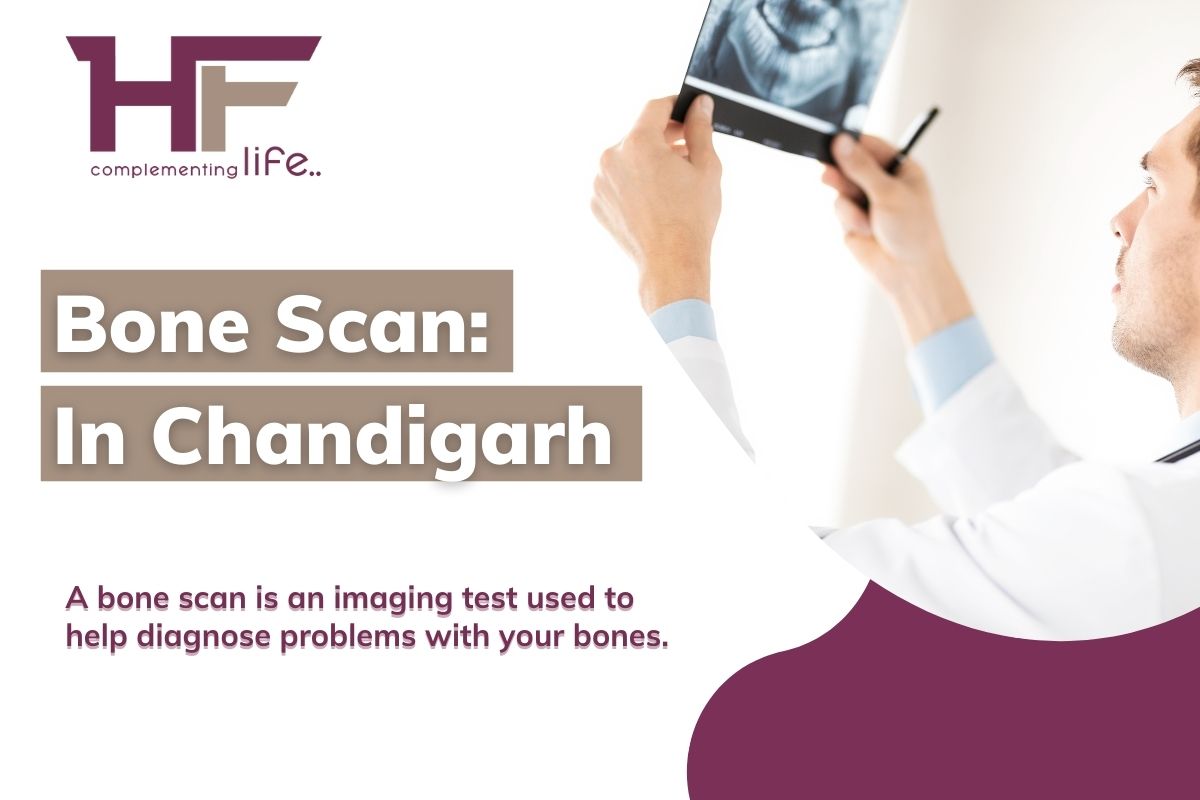
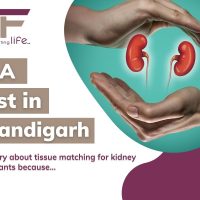
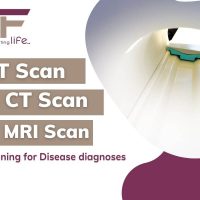
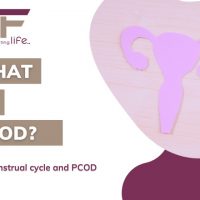
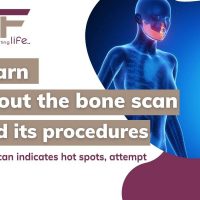
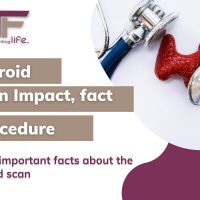

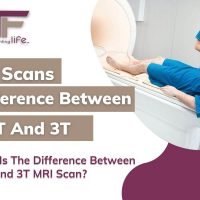
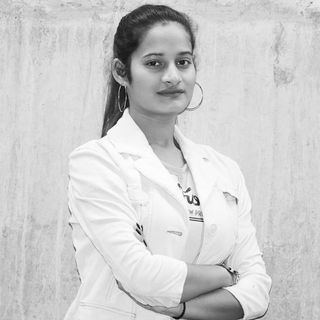
Comments